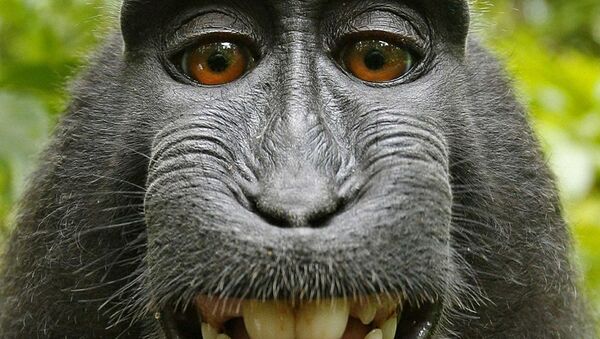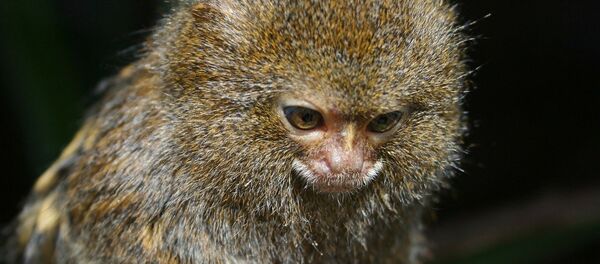In 2011, Slater was in the Tangkoko nature reserve in the northern part of Sulawesi island in Indonesia when Naruto, an endangered Crested Macaque, took selfies using his camera. Slater contended that the photograph copyrights belong to him because they were taken using his camera.
In 2016 California judges agreed, with the federal court ruling that copyright protection would not be given to the monkey. However, People for the Ethical Treatments of Animals (PETA) sued on the monkey's behalf, arguing that it was 6-year-old Naruto who owned the copyright of the selfies. Wikipedia, which had posted the picture on its website, also argued that the photograph is uncopyrightable and belongs to the monkey.
According to PETA's attorney Jeffrey Kerr, "There is nothing in the Copyright Act limiting ownership based on species, and PETA is asking for an interpretation of the act that acknowledges today's scientific consensus that macaque monkeys can create an original work."
On Monday, PETA lost their appeal in the 9th US Court of Appeals in San Francisco to Slater's company, Wildlife Personalities Ltd. Slater agreed, however, to donate 25 percent of any future revenue he receives from the photographs to registered charities that protect macaques in Indonesia. Silver lining?
"PETA and David Slater agree that this case raises important, cutting-edge issues about expanding legal rights for nonhuman animals, a goal that they both support, and they will continue their respective work to achieve this goal," Slater and PETA wrote in a joint statement.
"As we learn more about Naruto, his community of macaques, and all other animals, we must recognize appropriate fundamental legal rights for them as our fellow global occupants and members of their own nations who want only to live their lives and be with their families," the statement said.


